Analysis-Lebanon's Hezbollah Mobilises To Block IMF's Azour For Presidency
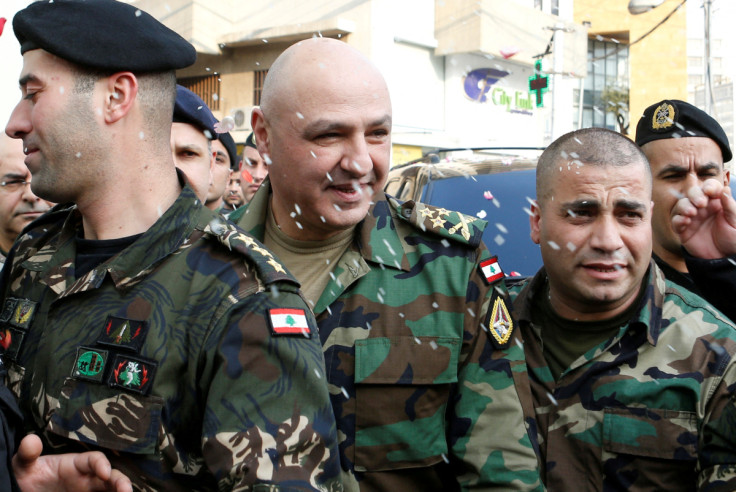
The Iran-backed Hezbollah and its closest allies are set to torpedo an attempt by rivals to elect a senior IMF official as Lebanese president this week, in a tussle that underlines its decisive sway and the dim prospects for reviving the crumbling state.
The standoff has laid bare Lebanon's deep splits, with the heavily armed Hezbollah deploying its political might against Jihad Azour's bid to fill the vacant presidency, while continuing to campaign for its ally - Suleiman Frangieh.
The latest twist will unfold in parliament on Wednesday, when lawmakers will try for a 12th time to elect a successor to Michel Aoun, a Hezbollah-allied politician whose term ended in October.
The attempt by groups including Hezbollah's opponents to elect Azour, an ex-finance minister and the IMF's Middle East director, is expected to fail because Hezbollah and its allies have enough seats to deny a two-thirds quorum.
"We will obstruct for all to see," a senior Hezbollah-allied politician told Reuters, adding that Lebanon would then face an "open-ended crisis".
Hezbollah officials say the movement and its allies are exercising their constitutional right to block Azour's election.
The tussle has underlined the dim chances of a president being elected soon, leaving Lebanon drifting further from any steps towards remedying a devastating financial meltdown that has been left to fester since 2019.
The power vacuum - with neither a head of state nor a fully empowered cabinet - is unprecedented even for Lebanon, a country that has known little stability since independence.
With the presidency reserved for a Maronite Christian, the standoff also risks exacerbating sectarian tensions: Lebanon's two biggest Christian parties have rallied behind Azour, while Shi'ite Hezbollah and its Shi'ite ally Amal oppose him.
As political splits deepen and the state endures its worst crisis since the 1975-90 civil war, analysts say a deal may now require the kind of foreign intervention that has imposed compromise on its fractious parties in the past.
UNDER ATTACK
Possessing an arsenal that rivals the national army, Hezbollah has long been Lebanon's strongest faction, using its power to shield its interests and those of its allies, including by helping to bury the probe into a 2020 port blast.
But its sway in parliament - where 128 seats are divided equally between Christian and Muslim groups - suffered a blow last year when the group and its allies lost a majority.
The United States designates it a terrorist group.
Hezbollah has described Azour as a confrontational candidate - a reference to his role as a minister in a cabinet backed by the West and Saudi Arabia and led by Fouad Siniora that waged political conflict with Hezbollah and its allies 15 years ago.
That power struggle culminated in a brief bout of civil war in 2008 and Hezbollah taking over parts of Beirut.
"The candidate of confrontation will not reach Baabda" Hezbollah lawmaker Hassan Fadlallah told supporters last week, referring to the presidential palace.
Lebanon's Shi'ite Mufti Ahmad Qabalan stepped up the rhetoric against Azour on Sunday without naming him, saying "a president with an American stamp will not be allowed".
Al-Akhbar, a pro-Hezbollah newspaper, reported news of Azour's candidacy on June 3 along with a photo showing him in the same frame as Mohamed Chatah, a former minister and adviser to former prime minister Saad al-Hariri who was assassinated in 2013.
Hariri at the time accused Hezbollah of involvement in the killing. Hezbollah denied any role.
Al-Akhbar withdrew the photo from its website after critics viewed it as a threat against Azour, a source at the paper said, denying that it was intended as such.
A U.N.-backed court has convicted three members of Hezbollah in absentia over the 2005 assassination of Rafik al-Hariri, Saad's father and a former prime minister.
Hezbollah has denied any role in the Hariri killing.
Al-Akhbar editor-in-chief Ibrahim al-Amin, in a June 9 article, said a new attempt was underway to isolate Hezbollah and likened Azour to Siniora, saying said he had "accepted to be the fuse of the explosion".
Azour, 57, has said his candidacy is not intended as a challenge to anyone. "My candidacy is a call for unity, for breaking down alignments and for a search for common ground in order to get out of the crisis," he said in a statement.
SYSTEMIC PROBLEM
Azour's candidacy gathered momentum when Hezbollah Christian ally Gebran Bassil endorsed him - a move seen as driven by his opposition to Frangieh and his own ambitions.
He also enjoys the support of the anti-Hezbollah Christian Lebanese Forces party, the Progressive Socialist Party led by Druze Jumblatt family, and some Sunni Muslim lawmakers.
But with his chances still in doubt, observers have questioned whether some of Azour's supporters have been trying to use his candidacy to get Hezbollah to abandon Frangieh and launch talks on a compromise.
Frangieh, 57, is the heir to an old Christian political dynasty. A friend of Syrian President Bashar al-Assad, he has described Hezbollah's arsenal as vital to defending Lebanon from Israel.
Foreign governments with sway in Lebanon including the United States, Saudi Arabia, France and Iran have called for the election of a new president. French President Emmanuel Macron met Frangieh in April - seen by many in Lebanon as an endorsement, though Paris has not declared support for him.
Many in Beirut have anticipated that a detente between Saudi Arabia and Iran would eventually play out in Lebanon by helping to forge a presidential deal.
But political sources in Beirut say they have yet to feel any impact of warming Saudi-Iranian ties, with Lebanon appearing to be a secondary priority to other issues, notably Yemen.
Meanwhile, the paralysis is prompting new questions about the future of the political system established by the Taif agreement that ended the civil war.
"Our problem is that the political system post-Taif is unable to elect a president or even appoint a prime minister to actually undertake reform because the ruling elite have so much vested interest in keeping the status quo," Sami Atallah, founding director of The Policy Initiative, said.
(Writing by Tom Perry, Editing by William Maclean)
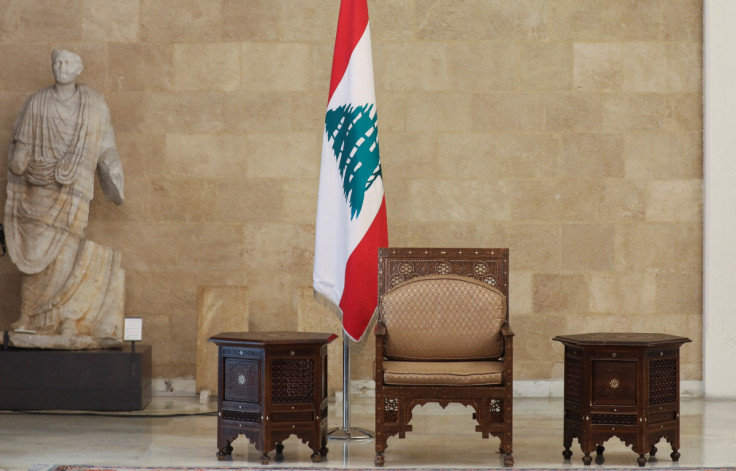
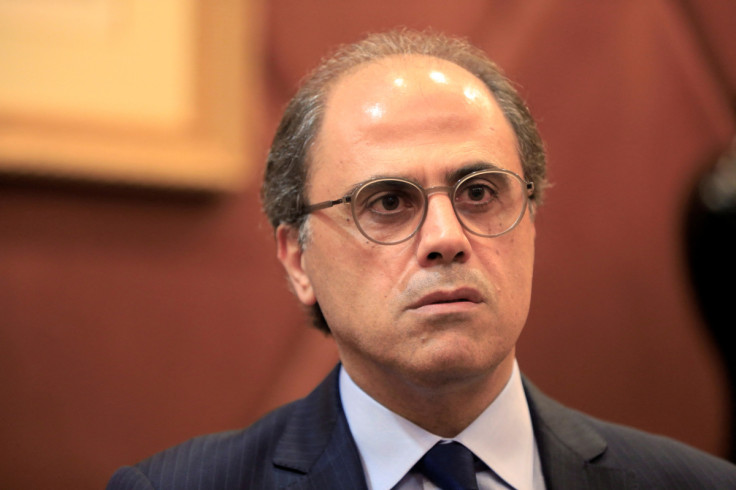
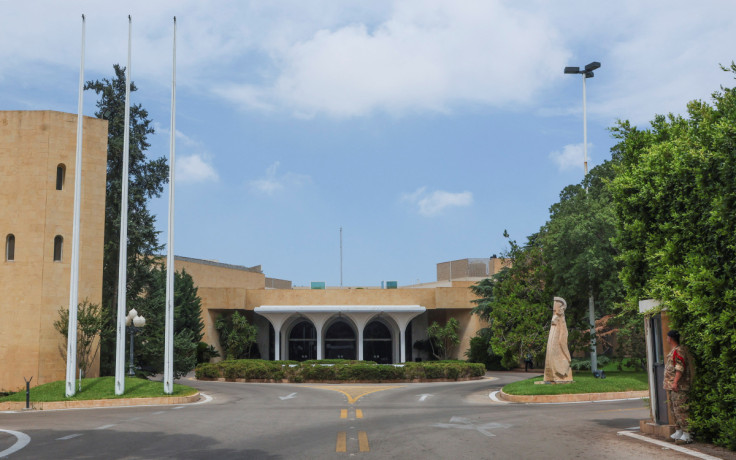
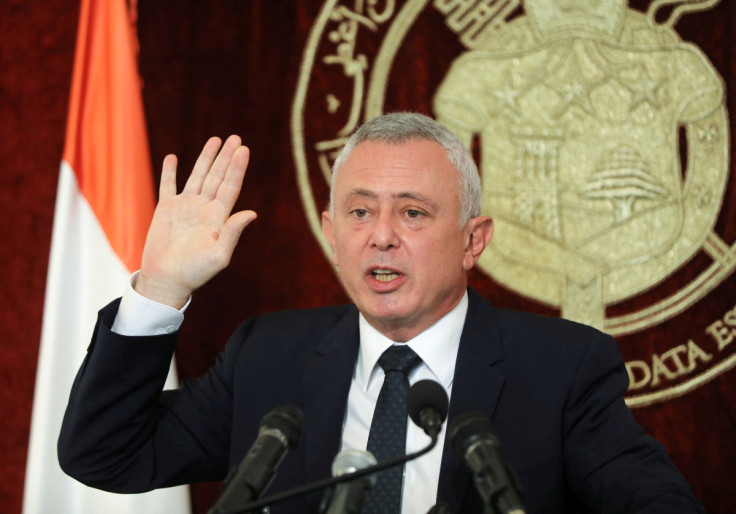
© Copyright Thomson Reuters 2025. All rights reserved.





















